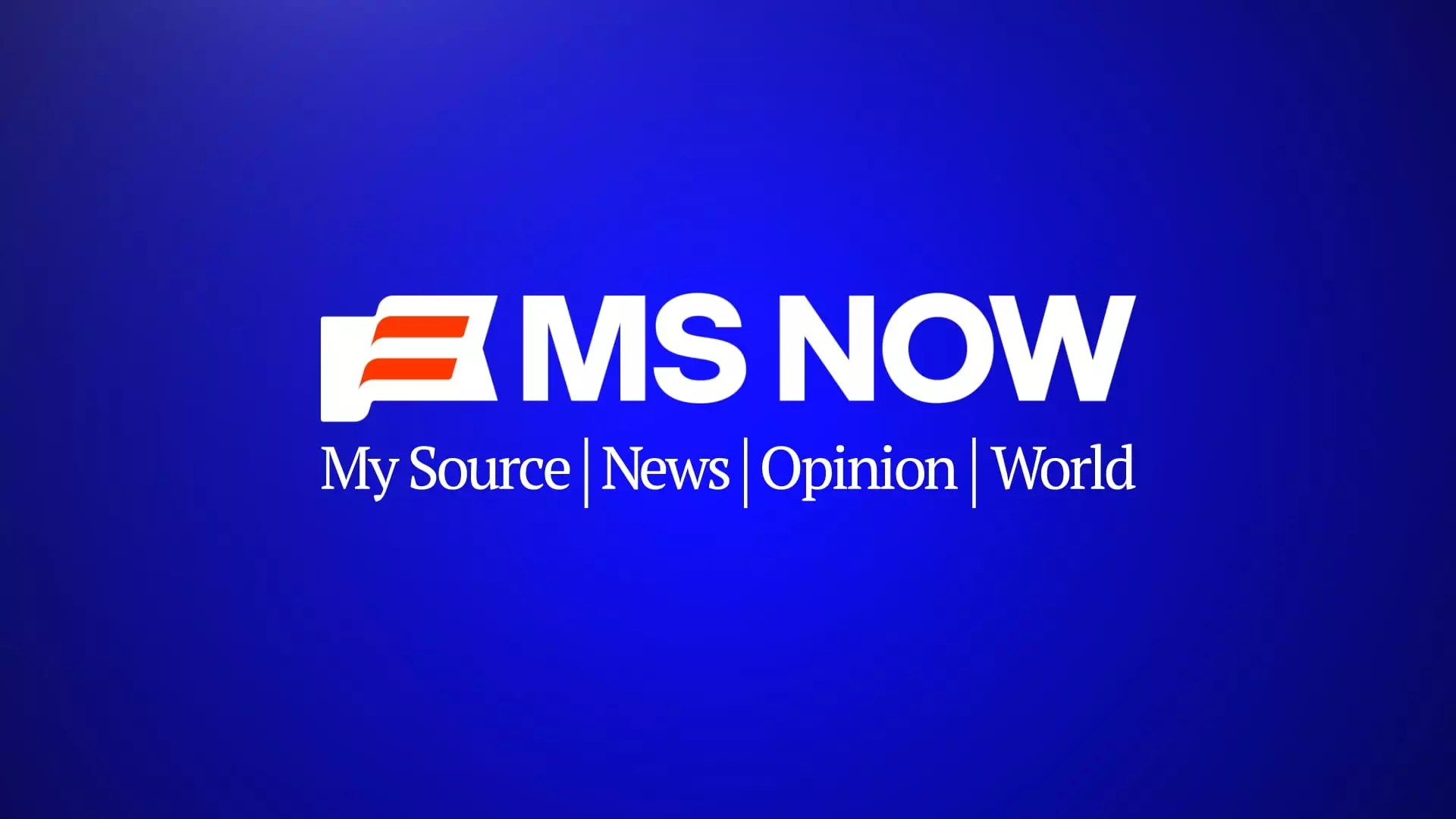In a surprising yet strategic maneuver, MSNBC is preparing to shed its storied identity, including the iconic peacock logo, signaling a significant transformation in its brand identity. This overhaul suggests more than just a cosmetic change; it hints at a recalibration of how the network positions itself within the fractured media landscape. While the official line insists that the core values and journalistic integrity will remain untouched, such rebranding is rarely neutral, often serving larger corporate agendas and ideological shifts. This move raises critical questions about whether MSNBC is genuinely evolving or simply capitulating to market pressures that threaten to undermine the credibility of serious news altogether.
The Birth of a New Identity Amidst Political Skepticism
The choice of names — “My Source News Opinion World” or “MS Now” — reveals an underlying desire to emphasize perspective and opinion, rather than impartial reporting. In an era where the line between news and opinion has blurred dangerously, this transformation can be viewed as an attempt to appeal to a specific demographic while potentially diminishing the network’s journalistic credibility. The promise that the network’s focus won’t shift seems at odds with this branding shift; after all, renaming a network and dropping its emblem suggests a redefinition of its core purpose.
From a center-right economic and cultural perspective, such a move is double-edged. On the one hand, it could invigorate a more balanced and honest discourse—perhaps offering a counterweight to the monopolistic tendencies of left-leaning media conglomerates. On the other hand, it risk further entrenching ideological echo chambers, especially if the rebrand encourages more overt partisanship. If MSNBC’s goal is to become a platform that champions nuanced debate, the move could backfire by reinforcing perceptions of bias and creating a media landscape more fractured than ever.
Strategic Spin or Political Signal?
The network’s internal memo emphasizes independence and a fresh start, but it’s impossible to ignore the broader political implications. The new branding appears aimed at distancing MSNBC from its previous identity, perhaps to appeal to disillusioned viewers who feel alienated by how cable news has become an ideological battleground. The move also coincides with a broader corporate restructuring, including spinoffs and rebranding across parent and affiliate networks. This suggests a broader push to reframe media assets as competitive, standalone entities capable of shaping narratives in their favor.
In a time when trust in mainstream media is declining across political boundaries, rebranding can be both a calculated effort to regain viewer loyalty and a strategic step to realign political messaging. The decision to change logos and branding for affiliated networks like CNBC, USA Network, and Golf Channel indicates a broader corporate investment in a fresh visual identity, aimed at projecting strength, independence, and clarity amid a chaotic media environment. If executed with sincerity, it could be an opportunity to redefine journalistic standards; if driven by marketing and political considerations, it risks further erosion of public trust.
The Future of News in a Fragmented Media Ecosystem
As MSNBC prepares to launch a nationwide marketing campaign simultaneously with its rebranding, the question remains: does this signify a renewal or a capitulation? The center-right perspective might see this as a necessary step to inject balance into a media ecosystem dominated by one-sided narratives. Yet, the danger lies in allowing corporate branding to distort the foundational principles of journalism.
The evolution of MSNBC could serve as a mirror for the broader media industry’s struggles—balancing commercial interests with the societal responsibility to inform. The challenge lies in ensuring that the rebrand doesn’t merely serve corporate interests but instead fosters a public discourse grounded in truth, stability, and pragmatic debate. If the network leverages this change to promote healthier political conversations, it could become a unifying force. Otherwise, it risks becoming just another pawn in the ongoing ideological battle that seems to define 21st-century American politics.

